(ENG/ESP) Reseña de El Príncipe por Niccolò Machiavelli / Review of The Prince by Niccolò Machiavelli.
During my first semester at 300 level in the Department of History and International Studies, University of Uyo, I encountered The Prince by Niccolò Machiavelli as part of the HIS 312 course titled History of Political Thoughts. Our lecturer made it compulsory reading material for both tests and exams, so I had no choice but to dive into it. At first, I thought it would be a boring and outdated book, but as I read further, I realized it was quite eye opening.
Machiavelli does not write like a typical philosopher who is just daydreaming about a perfect world. He is brutally honest about how power works in real life. He basically tells rulers that sometimes they have to be cunning, ruthless, and even deceitful if that is what it takes to keep control. For example, he said it is better for a leader to be feared than loved if they cannot be both. That part stuck with me because it challenges the usual idea that good leaders must always be kind.
One thing I found interesting was the way he talked about appearances. He said a leader should appear to be good, even if they are doing bad things behind the scenes. That sounds like most Nigerian politicians today to be honest. It made me wonder if this book is exposing corruption or encouraging it.
What also stood out was how he differentiated between fortune luck and virtù personal ability. Machiavelli believed successful leaders do not wait for luck they create their own success through bold actions. That message kind of inspired me not just politically but in life generally.
Although The Prince was written centuries ago in 1513, many of the ideas still feel relevant today. The language was a bit heavy at times, but once I got into the flow, I could see why our lecturer made us read it. It is not just about kings and wars it is about understanding power, leadership, and human behavior.
Overall, reading The Prince for HIS 312 helped me see politics in a more realistic light. It is not always about who is right or wrong, but who is smart and strategic. Whether I agreed with Machiavelli or not, I appreciate the way the book challenged me to think deeply about leadership and morality.
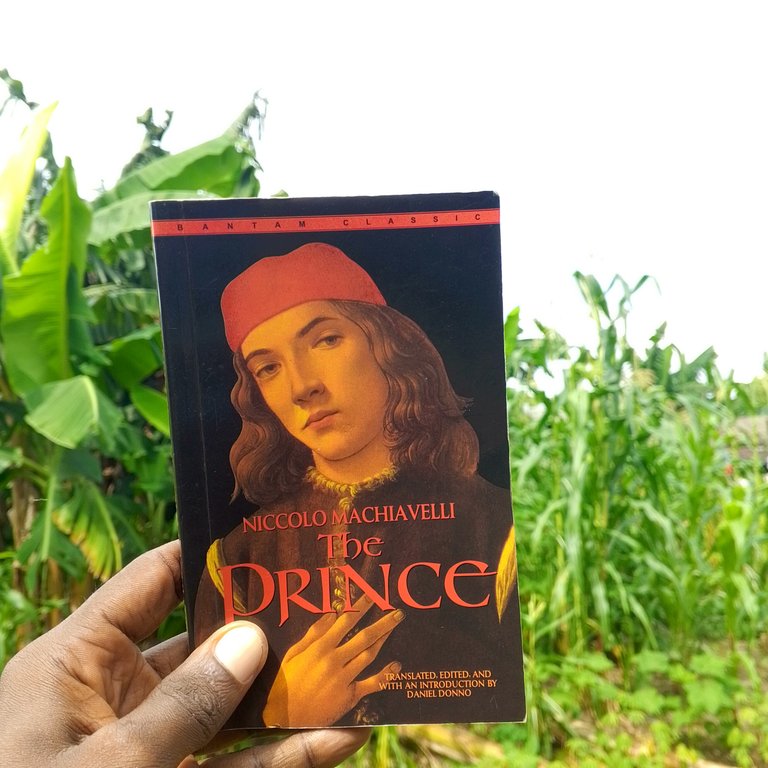
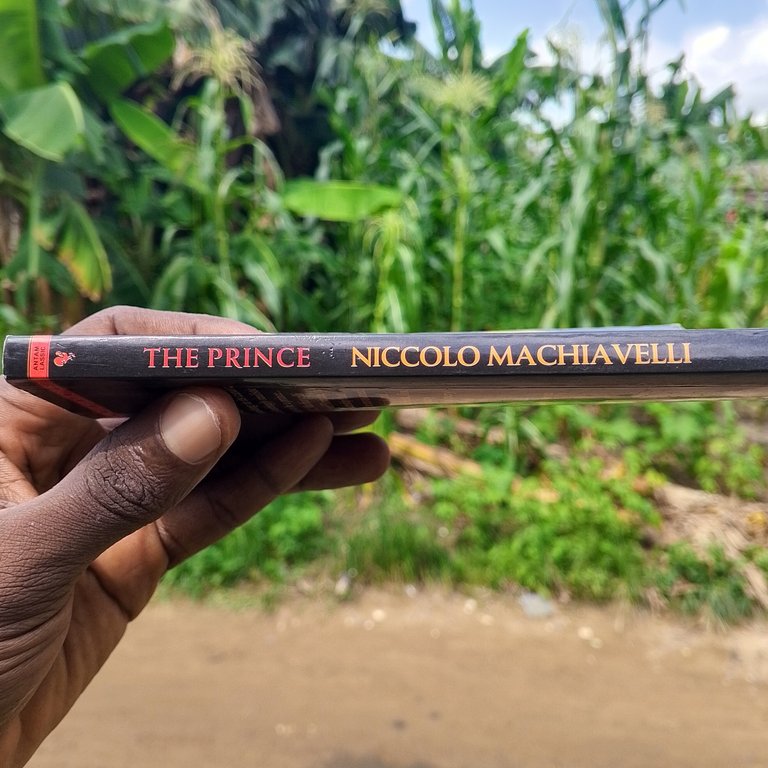
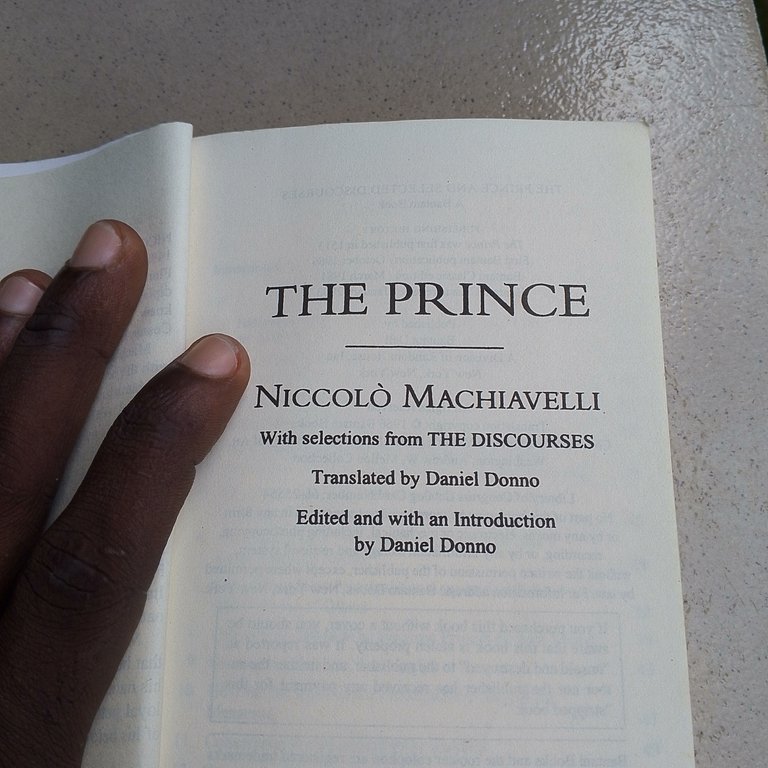
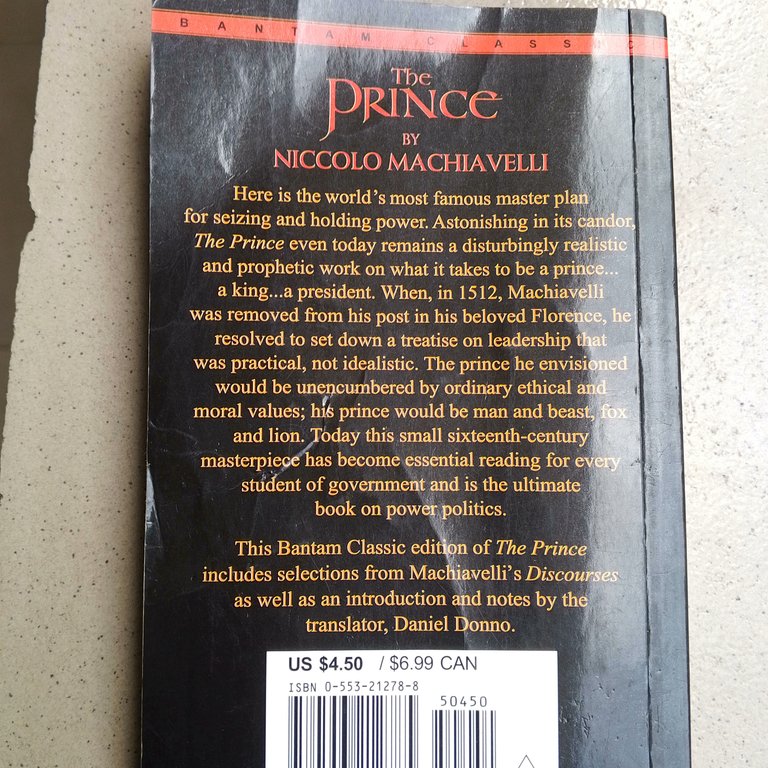
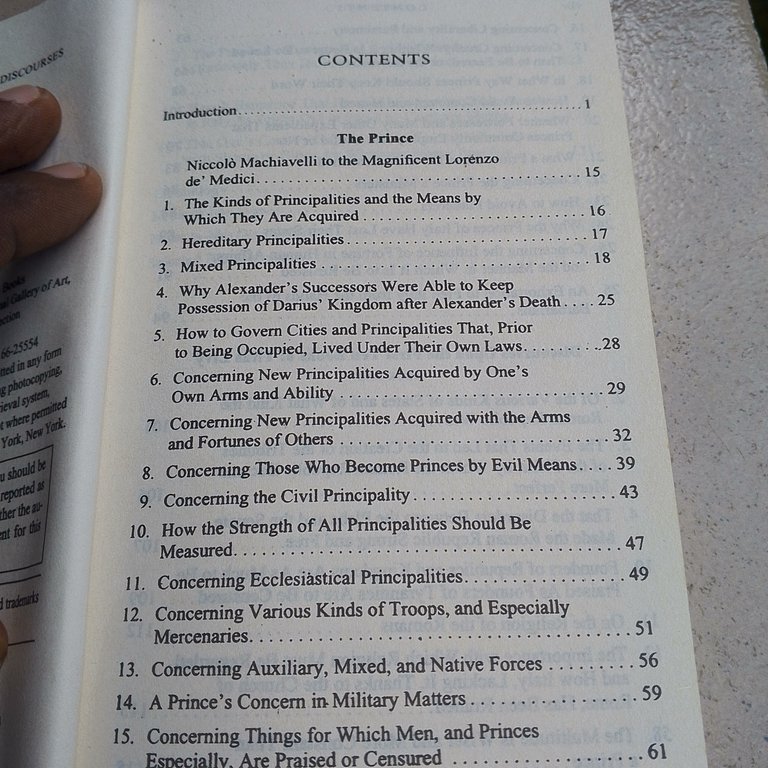
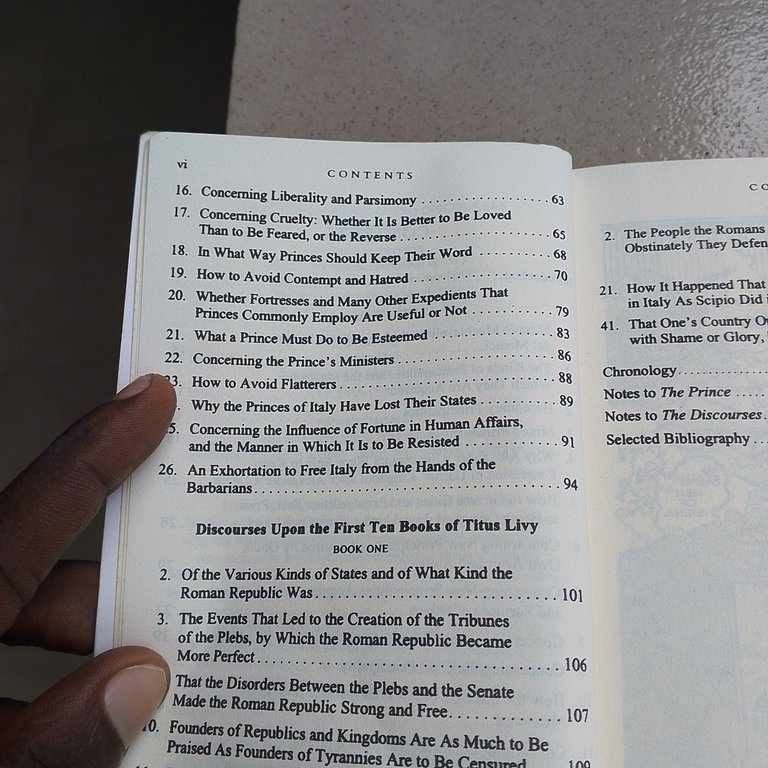
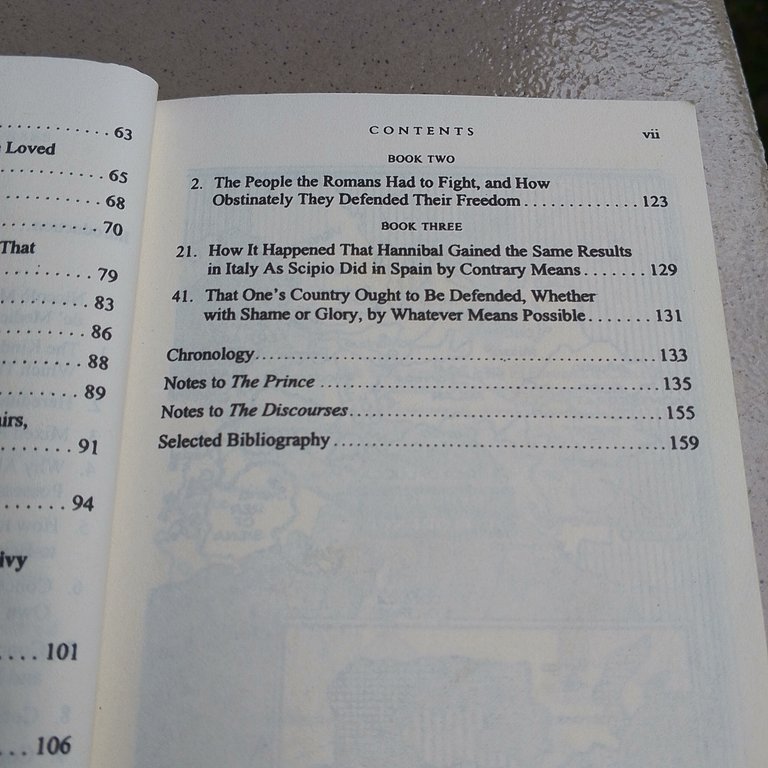

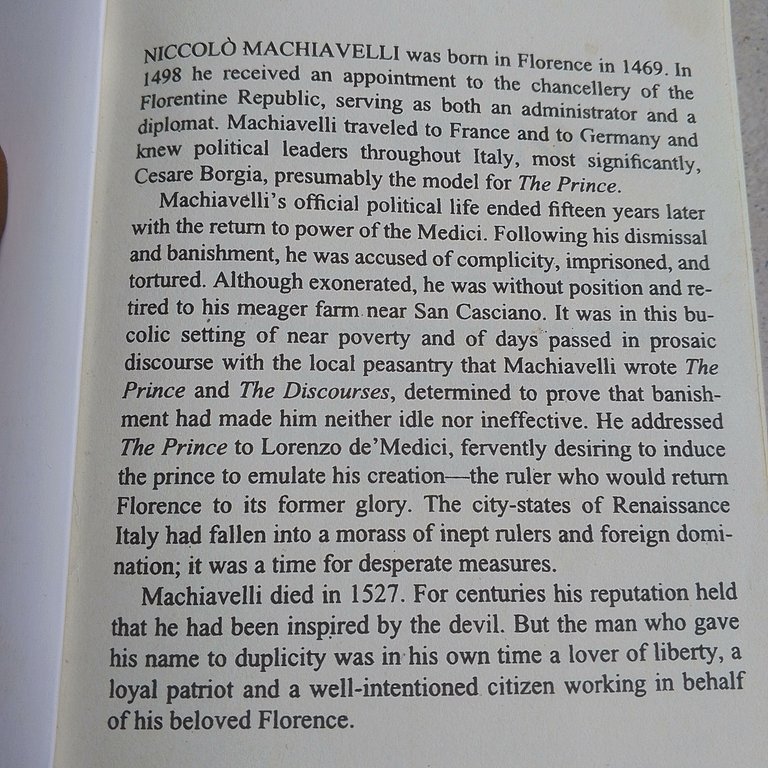
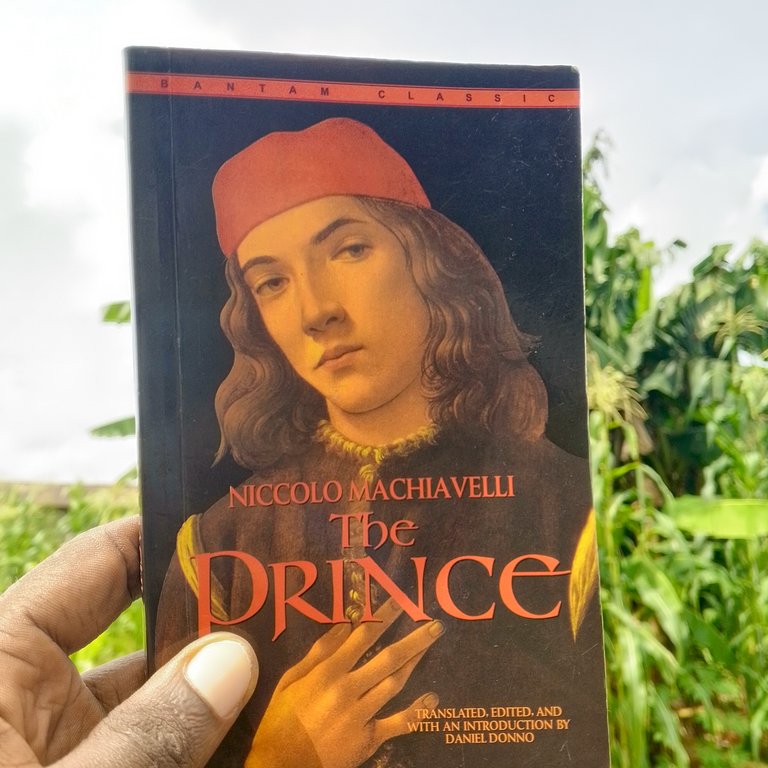
Reseña de El Príncipe por Niccolò Machiavelli – Reflexión del curso HIS 312
Durante mi primer semestre del tercer año en el Departamento de Historia y Estudios Internacionales de la Universidad de Uyo, me encontré con El Príncipe de Niccolò Machiavelli como parte del curso HIS 312 titulado Historia del Pensamiento Político. El profesor nos obligó a leerlo para los exámenes y las pruebas, así que no tuve opción. Al principio pensé que sería un libro aburrido y muy viejo, pero a medida que avancé me di cuenta de que era bastante revelador.
Machiavelli no escribe como un filósofo típico que sueña con un mundo perfecto. Él es brutalmente honesto sobre cómo funciona realmente el poder. Básicamente les dice a los líderes que a veces tienen que ser astutos, despiadados e incluso engañosos si eso es lo que se necesita para mantener el control. Por ejemplo dice que es mejor que un líder sea temido que amado si no puede ser ambas cosas. Esa parte me impactó porque desafía la idea tradicional de que los buenos líderes siempre deben ser amables.
Algo que me pareció muy interesante fue su enfoque en las apariencias. Dice que un gobernante debe parecer bueno aunque por dentro esté haciendo cosas malas. Eso me recordó mucho a muchos políticos nigerianos hoy en día. Me hizo preguntarme si este libro está criticando la corrupción o justificándola.
Otra cosa que destacó fue la diferencia entre fortuna la suerte y virtù la habilidad personal. Machiavelli creía que los líderes exitosos no deben depender de la suerte sino crear su propio camino con acciones decididas. Ese mensaje me inspiró no solo políticamente sino también en la vida en general.
Aunque El Príncipe fue escrito en 1513 muchas de sus ideas siguen siendo actuales. El lenguaje era algo difícil en algunos puntos pero con el tiempo me acostumbré. Ahora entiendo por qué nuestro profesor insistió tanto en que lo leyéramos. No trata solo de reyes y guerras sino de entender el poder, el liderazgo y el comportamiento humano.
En general leer El Príncipe en HIS 312 me ayudó a ver la política con ojos más realistas. No siempre se trata de quién tiene la razón sino de quién es más inteligente y estratégico. Aunque no estuve de acuerdo con todo lo que dijo Machiavelli agradezco cómo el libro me hizo pensar profundamente sobre el liderazgo y la moralidad.
Has sido votado por
PROYECTO ENLACE
'Conectando Ideas y Comunidades'
PROYECTO ENLACE es un proyecto de curación de habla hispana enfocado en recompensar contenido de calidad y apoyar autores en su proceso de crecimiento en HIVE.
Creemos y apostamos por el futuro de esta gran plataforma, y estamos muy emocionados de poder hacerla crecer junto a esta comunidad. Así que te invitamos a publicar en nuestra COMUNIDAD y estar atento a todas las actividades que tenemos preparadas y que estaremos publicando en breve.
¿QUIERES AUTOMATIZAR TUS GANANCIAS DE CURACIÓN? SE PARTE DEL PROYECTO ENLACE APOYANDO A NUESTRO TRAIL EN HIVE.VOTE INGRESA AQUÍ PARA CONOCER LOS DETALLES.
¿QUIERES INVERTIR ENLACE? DESCUBRE COMO HACERLO Y GENERAR INGRESOS DE FORMA SEMANAL MEDIANTE TU DELEGACIÓN DE HP AQUÍ TE EXPLICAMOS COMO.
Te invitamos a participar en nuestro servidor de Discord: https://discord.gg/3S9y7BbWfS
Atentamente
EQUIPO ENLACE 2025
That is such a powerful book and if you apply them correctly in your life. You will reap some great benefits. While it is mostly applied in politics, you can also use them in day to day life as well.
It's fascinating how you captured the dualism between virtue and fortune, and how this concept has inspired you not only politically, but also in life. Thanks for sharing this wonderful analysis! What other classics do you think have such a strong impact on your worldview?
Thanks for going through this book
I have read so many good reviews about the book itself.. But the below sentence stood out for me.
I did not read any philosopher who would portray that picture yet.